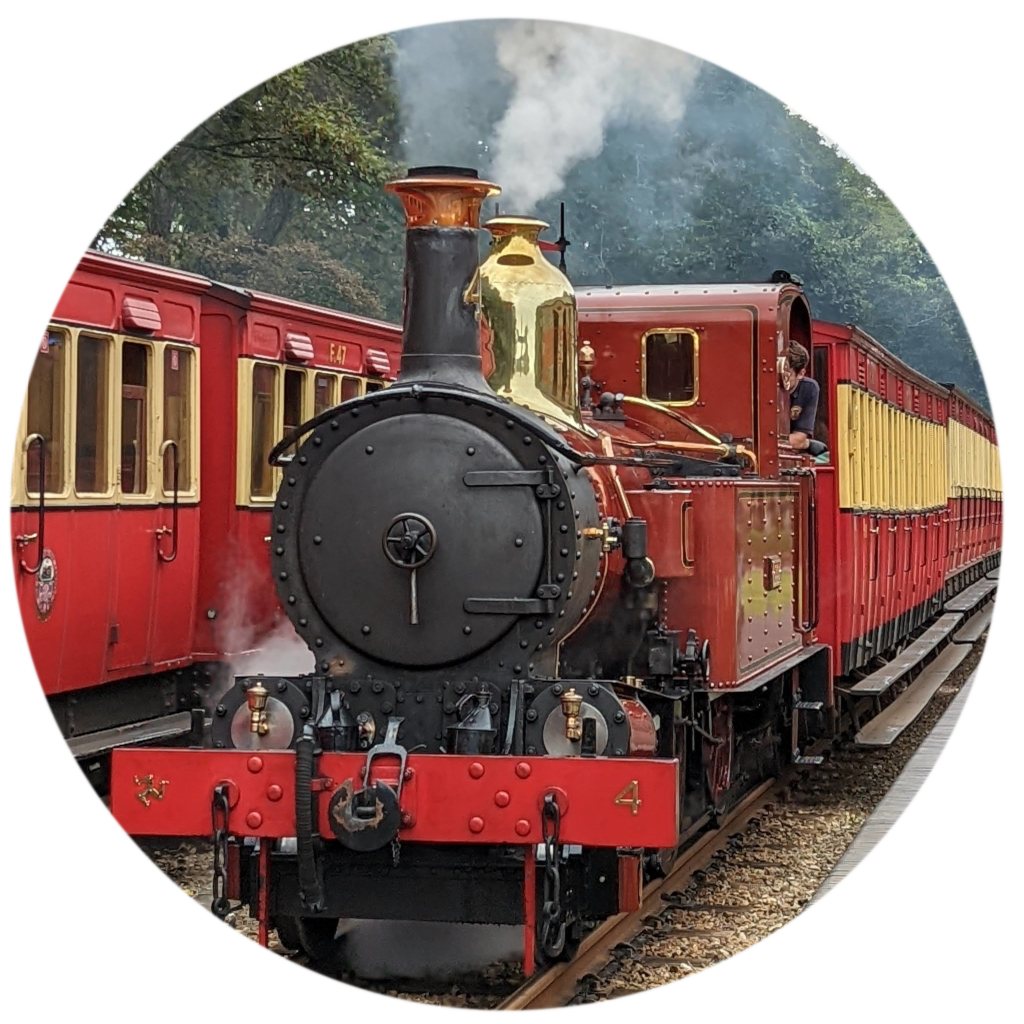It seems to take nearly 10 minutes to get started. What’s actually happening? Are the pistons literally unable to move in the cylinders until the engine is warm enough?
I don’t know anything about this particular diesel engine but can hazard some guesses.
It’s probably old and tired and not making compression like it used to; diesels fire by compression ignition. That engine is turning freely, otherwise it wouldn’t be pumping any air.
Old diesels without glow plugs need to work up some heat in the heads to get combustion going.All that white smoke is unburned diesel, just aerated fuel getting pumped through the cylinders. The starter (compressed air or electric) is probably doing a lot of work here to generate heat in the cylinders via compression. If it’s supercharged it may be struggling to build boost in the intake side. Later the dark black puffs is partially burned fuel… it’s starting to fire off. The exhaust smoke seems to be shifting from white to gray. I’ll bet a dollar once she gets running that exhaust will clear right up.
“That exhaust will clear right up” I’d be surprised if it did, even when they were newish Class 50s could produce an impressive plume of exhaust smoke. When I was a kid spotting on the Western Region main line and these were in regular service we learned not to stand directly above them on the footbridge at the station 😀 They make a great noise going at full chat though.
I just read about CO2 going to absolutely crazy levels in the atmosphere.
Then I have to watch this crap. Sorry, not sorry, this stuff will end the world.
Yeah it was my constant thought when watching it too seeing all that smoke. Fortunately more and more train lines are being electrified.
It looks like this class was withdrawn from service in the 90s (it was built in the 60s) so I can only imagine there’s cleaner diesel electrics in service now.
Not enough of the ol’ Party Gas, Class 50 needs two full cans at least 😀
Can you elaborate? That might be the answer OP is looking for.
Party Gas=Ether aka Easy Start (or “Start ya bastard” in Australia). Sprayed into the air intake to encourage reluctant engines to fire up. It was a frivolous humourous remark, I think you’d need unfeasibly large cans for an engine that size 😀
I can’t answer that question for that specific vehicle but as an F1 fan (or of its technical aspects rather) I can confirm that this is a thing. Engines built with such low tolerances that the pistons are completely stuck below operating temperature. Formula 1 cars have their oil warmed up and circulated from outside before a start can even be attempted without destroying the engine.
I asked ChatGPT and it seems to be giving a typically vague answer of listing multiple possible reasons like (as you guessed) taking a while to reach operating temperature, shoddy maintenance aka worn out parts affecting the procedure and the procedure itself possibly requiring certain “safety protocols” which need to be followed. Not sure if the latter is or has been a thing with such old locomotives but the other 2 sound plausible to me.
Yeah I follow F1 which is what I used to guess that the engine isn’t warmed up enough. But the difference is that an F1 engine is warmed up then started, where as this engine is starting from cold.
What I find confusing though is that it sounds like one or two cylinders are working, albeit slowly, but not the rest. I’d have thought if one or two could work, they all could. Not unless they all are working but has to turn at a really low rpm to prevent damaging the engine.
Someone in the youtube comments said so about an old diesel sounding like crap when only 2 out of 16 are firing. Must be something to it then. Maybe they can set it up so that its always a different 2 cylinders that do the heavy lifting (to even out the wear) while the others just sit there generating heat through friction. These engines must be massive and you can’t exactly roll them into a garage to loop the oil every time you need to start them up.
So dirty…It’s like a climate crime on rails…



